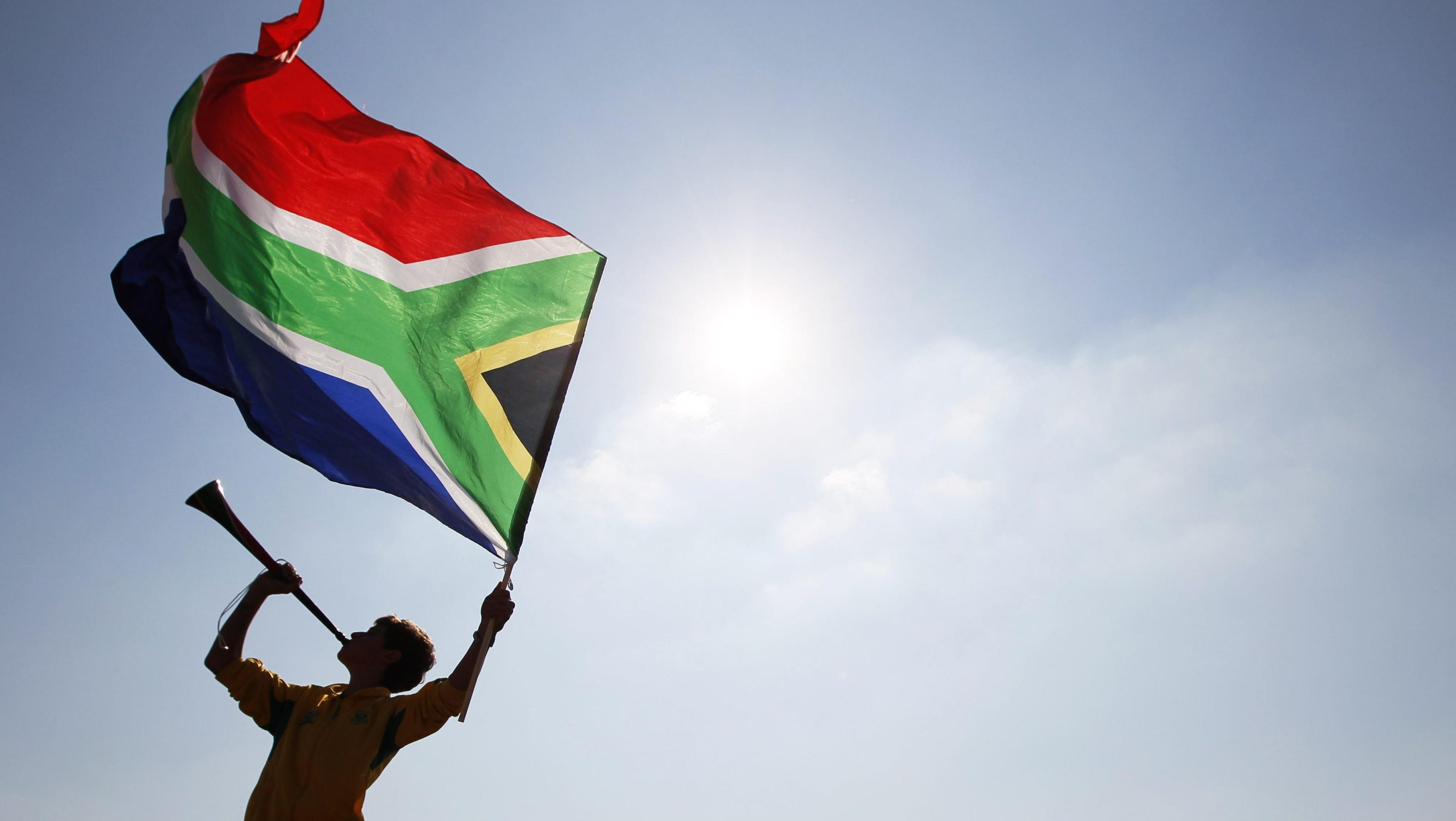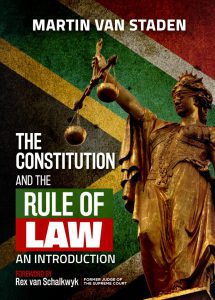By hanging the fate of South Africa on the shoulders of people like Cyril Ramaphosa and Busisiwe Mkhwebane, we are setting ourselves up for failure. Only reinvigorated institutions that do not depend on the whims of political personalities can arrest and hopefully reverse our decline. That starts with a political-cultural reformation that respects constitutionalism and the Rule of Law.
The Organisation Undoing Tax Abuse (OUTA) is petitioning Parliament to replace the Public Protector, Adv Busisiwe Mkhwebane, “with somebody who is competent and willing to act in the best interest of ALL South Africans”, according to its sponsored advertisement on Facebook. Elsewhere, and particularly around the May 2019 election, journalists Peter Bruce and Allan Greenblo, and analyst Oscar van Heerden, among others, argued that President Cyril Ramaphosa is the only person who can solve South Africa’s biggest woes.
Are we not asking for trouble as a society if we give certain political personalities so much (actual and perceived) power that only if they succeed, can we succeed? And, conversely, if they fail, we all fail. Such a state of affairs is totally unsustainable and incredibly dangerous.
Constitutionalism is a somewhat nebulous concept. One of the meanings that could readily be attributed to it, however, is that there should be a buffer between society and the personalities that govern society. Constitutionalism established the Rule of Law; in other words, governance by convention, by institutions, and by reasonable rules founded in prolonged historical experience and objective legal principles. It puts personal political whims through these various filters with the anticipation that what comes out on the other side is something resembling the public interest.
I will not pass judgment on whether OUTA or the election analysts were right about their positions. But it is concerning that we have singled out individual personalities and attributed to them the (actual and perceived) ability to make or break South Africa, a country with more than 50 million individual personalities.
In the United States, this is not the case. Donald Trump, for all his questionable views on trade and economic policy, can himself not wreck the American economy, because the President of the United States is not, either in reality or in perception, an economic dictator in the same way the President of South Africa is. Trump might fail dismally in all his economic initiatives, and the American economy, while it might slow, will not be totally rubbished like South Africa’s was under Jacob Zuma.
The law in South Africa, in many cases, therefore, reinforces this personality-dependent paradigm. The Constitution, by way of example, for all its good aspects, concentrates unnecessarily large amounts of power in the President. There is no rational reason why Zuma, for instance, had the power to hire and fire finance ministers on a whim without regard to economic consequences. The law also allowed the government to release Schabir Shaik from prison on medical parole in 2009 because of an ostensible terminal condition, yet he had it in him to (allegedly) assault a mosque goer in 2011 and continues to live large today.
Chief Justice Mogoeng Mogoeng was thus right when he recently said there should be mechanisms put in place to ensure only the best people are appointed to head up the State-owned enterprises and other government posts. (The Chief Justice, however, undermined this good point in the same speech, when he suggested taxpayers should start funding political parties. Tightening the political class’s stranglehold on ordinary South Africans is not conducive to accountability.) Perhaps if we succeed in implementing such institutions, presidents cannot simply appoint whoever they want to ministerial posts. Indeed, an imperative of the Rule of Law, a fundamental constitutional postulate of South Africa, is that all government conduct must be reasonable. Zuma’s appointment of Des van Rooyen was unreasonable in every sense of the word.
We must not incessantly obsess about who has been or is to be appointed, but rather about the filters in place to ensure that whoever makes it will not, firstly, have the power to do much damage, and secondly, will be reasonably competent and qualified for the job. We were wrong in 2017 when the country was more concerned about whether Cyril Ramaphosa or Nkosazana Dhlamini-Zuma would become President, rather than the fact that individuals with highly questionable ethics or ideas could make it to that stage in the first place. We should have asked ourselves what institutions and mechanisms we can, or must, put in place to ensure the presidency is not soiled again. Alas, even today this question is not asked, and we continue to fret about personalities.
We do need legal change to put this unacceptable state of affairs to a stop. But the law is downstream from politics, and politics is downstream from culture. South Africans, emotionally and psychologically, need to stop the abusive relationship we have with the political class. We need to discontinue our internalized dependence on having ‘good leaders’ and rather find the leadership for our own lives, in ourselves. When we start businesses, we must not worry about how the government can help, but how we can find help from our fellows, and how we can, in turn, help others. We must cultivate a culture of responsibility.
It is guaranteed that South Africa will eventually become a basket case African tinpot dictatorship if we continue to place all our trust in individual political personalities rather than seek to build up institutions. We need to ‘irrelevantise’ the political class and focus on creating a state-proof civil society that will flourish regardless of the mistakes (or successes) of our so-called leaders.
Martin van Staden is Head: Legal Policy and -Research at the Free Market Foundation and is pursuing a Master of Laws degree at the University of Pretoria. He is the author of The Constitution and the Rule of Law (2019). The views expressed in this article are those of the author and not necessarily those of the Free Market Foundation.


